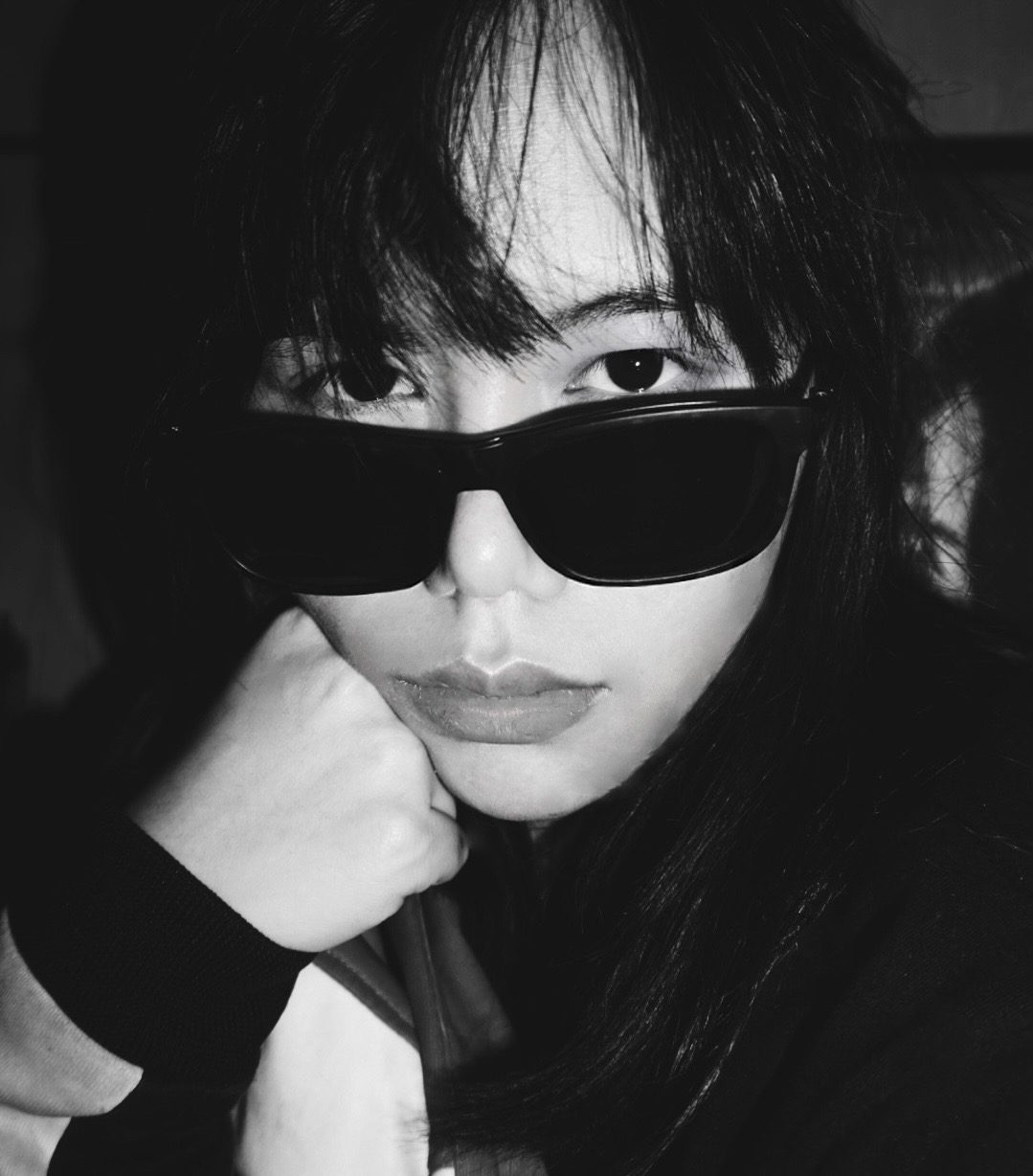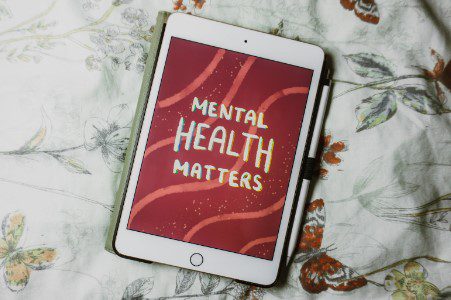For too long, mental health was a topic deemed too taboo for everyday conversation. Voicing struggles was labeled a weakness; as something to be ashamed of. But TikTok – a platform often dismissed for its assumed shallowness – unwittingly became the driving vehicle behind destigmatizing the subject. Creators have used it to break through mainstream barriers, infiltrating the cultural zeitgeist and public lexicon with phrases typically heard only within a therapy room.
TikTok has become a safe, communal space for healing and #relatability, emphasizing the importance of managing one’s mental health like any other aspect of well-being. You just need to know where to look – and build your algorithm accordingly.
Let’s explore how TikTok is shaping the conversation around mental health and how you can participate in it – responsibly!
Mental Health Awareness on Social Media
For all the downsides of social media that have long been studied, it has also done some good. For one, it is widely accessible. TikTok-made, democratized content also tends to proliferate on every other social media platform. The algorithm likewise plays a part in feeding us more of the content we consume. Thus, specific to mental health content, the more people look for it, the more widespread the information becomes.
TikTok, in particular, makes sure to make mental health resources available to anyone who searches for the ‘mental health’ phrase on its app.
The TikTok Digital Wellness Hub promotes mental health awareness and encourages users to get support, discover wellness content, connect with a community, and even be involved in advocating for better mental health.
That’s social media’s influence at its best!
Currently, there’s a variety of mental health-based content, ranging from first-person point of views (“What it’s like to live with…”) to self-care tips (e.g., #DigitalDetox), made by professionals and everyday folks.
As the platform opens doors to meaningful conversations, its potential goes hand-in-hand with an ethical imperative to approach sensitive topics with the utmost grace and care, while ensuring that any advice is accurate and stems from a genuine place.
Why TikTok Works
TikTok is brimming with mental health advocates who dispense enlightening educational pieces to hard-hitting calls to action, and all their content has one important thing in common: relatability. Mental health content typically revolves around ensuring that the audiences feel seen and acknowledged.
Mental health professionals themselves can demonstrate their expertise in a manner and language that is both accessible and genuinely human. Shedding the clinical aspect commonly entwined with their services creates an inviting atmosphere for potential clients. Imagine getting a read on your mental state while simply scrolling!
TikTok also works to aid mental health awareness advocacies because it provides:
- Access to Mental Health Education and Resources – They bridge the gap between mental health resources and the needs of the general public by offering resources that often include explanations of mental health conditions, practical coping mechanisms, and where to find professional help.
- A community and Support System – Comment sections can become safe spaces where a sense of belonging and community takes root, with many of these influences actively encouraging the practice of empathy and mutual support among their followers.
- Daily Tips and Motivation for Mental Well-being – Regular exposure to content that boasts positivity and educational content (e.g., positive affirmations and tips) can serve as daily motivation and reinforcement for self-improvement.
Content creators issue disclaimers, though. It is always, always best to consult a professional for any mental health concerns!
Top Mental Health Influencers on TikTok to Follow
- Dr. Julie Smith
Dr. Julie Smith is a clinical psychologist who has carved out a distinctive and impactful presence on TikTok. With a doctorate in clinical psychology and years of hands-on experience, Dr. Smith is a qualified, go-to resource for simplifying a wide spectrum of complex, in-depth topics for mass consumption. This way, she’s not just able to educate, but also make a real difference.
- Micheline Maalouf
Micheline Maalou is an anxiety and trauma specialist; who proactively offers profound insights enmeshed with empathy, creative storytelling, and vivid visuals that can turn the most advanced concept into an easy-to-grasp piece.
However, what truly sets her apart is her active engagement with her community, creating a space where people can learn, be heard, and connect.
- Nedra Glover Tawwab
Nedra Glover Tawwab has made a name for herself by concentrating on the fundamental elements of well-being: healthy boundaries and stronger relationships. She delivers these actionable strategies in a way that doesn’t skim the surface. But her content isn’t limited to tips, she also provides book recommendations and resources that can steer her audiences toward life-fulfilling choices.
- Zachery Dereniowski
Zachery Dereniowski is known for openly sharing his journey and telling inspiring stories blended with clear-cut data to transform abstract topics into relatable, human experiences. But beyond his insights, he also brings other mental health professionals into the conversation to include diverse perspectives and add depth.
How to Responsibly Engage with Mental Health Content Online
- Critical Evaluation of Sources – Always prioritize content from certified experts and reputable organizations, as the simplicity of content creation often leads to the overproduction of videos that solely focus on clicks without supplementary substance.
- Balancing Online Advice with Professional Guidance – Online content should only serve as a supplement, never as a substitute for professional mental health advice; always consult with a health provider for personalized guidance, especially given the influx of symptom-based videos (e.g., “Signs you Have…”) that inadvertently lead to misdiagnosis.
- Protecting Personal Mental Health While Online – Overconsumption of online content can quickly spiral into “doomscrolling,” where negative content leaves users more stressed, anxious, or overwhelmed than informed. This often begins with the intention of staying aware, but instead sours the mood. So, to break this cycle, it’s important to set healthy boundaries even with social media use; consider limiting screen time and regularly tuning in with your emotions (if you start noticing your mood dipping, then it’s time to take a break!).
Sharing experiences and support systems have become commonplace on platforms like TikTok, which have opened up new avenues for mental well-being. This accessibility encourages the creation of real-world safe spaces and more affordable services. Plus, when supplemented with following credible influencers, users gain access to helpful information and supportive communities online. But it’s important to avoid relying solely on online content, as this can lead to self-diagnosing errors and misinformed decisions that can do more harm than good. So, only use social media resources as an addition to a professional’s tailored advice!
NGP-IMC is with you on your mental health journey!
If you’re a brand looking to advocate for mental health, we’ll help you do it right. Let’s connect your story for the benefit of the Filipino people.

Gayle is a copy editor and contributing writer for NGP-IMC, covering all the latest buzz around PR and digital marketing. Previously, she’s penned personality-packed ad copies, headlines, print journals, and articles for industry-leading brands and publishers such as foodpanda, Under Armour, Klook, and more! Additionally, she’s profiled Olympic gold medalist Hidilyn Diaz, developed scripts for South Korea’s SK-Zic and interviewed female riders to shed light on their experiences at the forefront of dismantling gendered expectations within the male-dominated delivery space.


